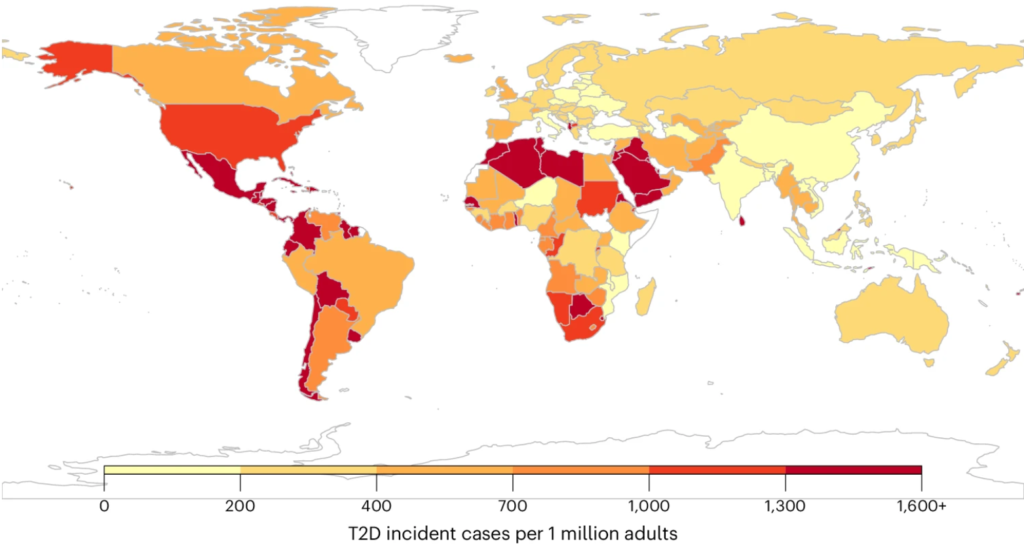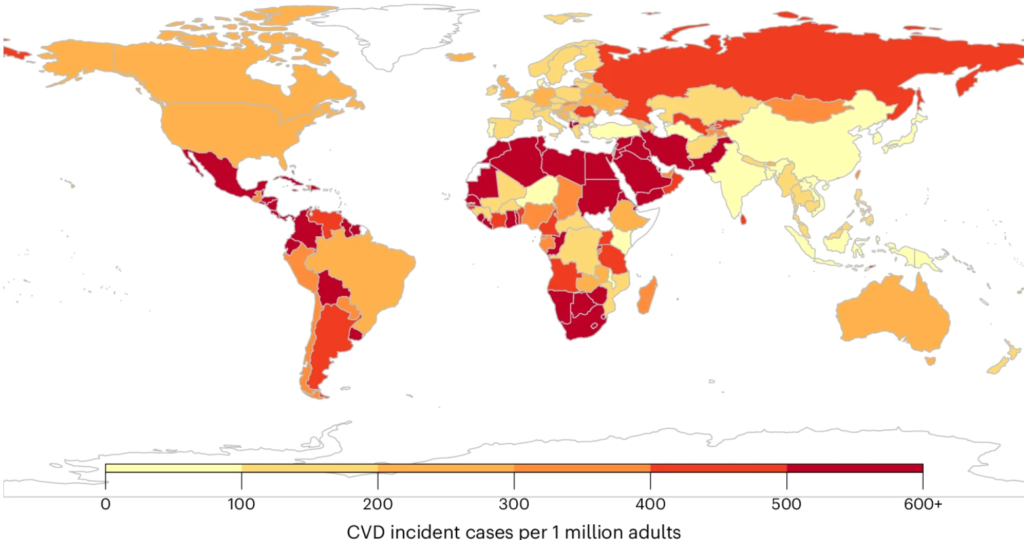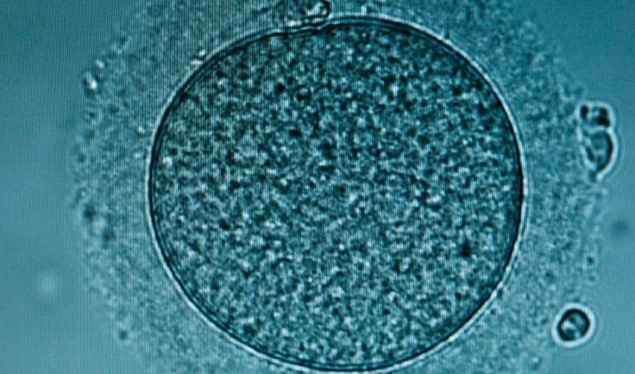3.4 million cases of diabetes and heart diseases linked to sugar-sweetened beverages worldwide
09 January 2025
A study published in Nature highlights the link between sugar-sweetened beverages and health problems such as type 2 diabetes and cardiovascular diseases in 184 countries. In 2020, sugar-sweetened beverages (SSBs) were associated with 2.2 million new cases of type 2 diabetes (T2D) and 1.2 million new cases of cardiovascular diseases (CVD) globally.
This accounted for about 10% of all new T2D cases globally and 3% of all new CVD cases, with the more significant impact among men, younger adults, and urban residents. The highest rates globally were found in Latin America, the Caribbean, and sub-Saharan Africa. Improvements are key to several United Nations 2030 Sustainable Development Goals, including promoting good health and wellbeing.
SSBs are defined as beverages with added sugars and at least 50 calories per 8-ounce (about 240 milliliters) serving. This includes soft drinks, energy drinks, and fruit drinks, with the exception of 100% fruit and vegetable juices.
SSBs are quickly consumed and digested, which leads to higher calory intake and weight gain. Their high sugar content, especially glucose and fructose, triggers insulin and physiological processes that cause fat buildup, insulin resistance, and weight gain.
The study is the first of this kind to report global, regional, and national estimates of the broad health impact of sugar-sweetened beverages.
Excessive sugar intake has been an important part of SAFE’s advocacy work throughout the years, with sugar trainings in schools, specifically directed at children, totaling 5,000 participants since 2017. Other advocacy work includes demands for clearer labelling and support for policies that can drive down the amount of sugar contained in drinks.
SAFE is a part of several projects to help better understand and reduce non-communicable diseases.
Calorie-rich diet, more conducive to obesity than lack of exercise
Economic development is associated with an increase in obesity and related health problems, usually linked…
Denmark bans 23 PFAS pesticides
The Danish Environmental Protection Agency withdrew the approval of 23 pesticides containing TFA, a short-chain…
Greens call for bold action on PFAS
The European Greens have sent a Priority Written Question to the European Commission, to demand…
Microplastics found in seminal plasma and ovarian follicular fluid
Spanish scientists have found microplastics in semen and ovaries, according to a study by Murcia…
Independent scientists criticise a campaign aimed at undermining PFAS regulation
RTBF reported that a campaign is ongoing to alter the definition of PFAS (per- and…
PFAS Pollution: A Growing Public Health and Environmental Concern
Per- and polyfluoroalkyl substances (PFAS) are synthetic chemicals used to make products resistant to heat,…











